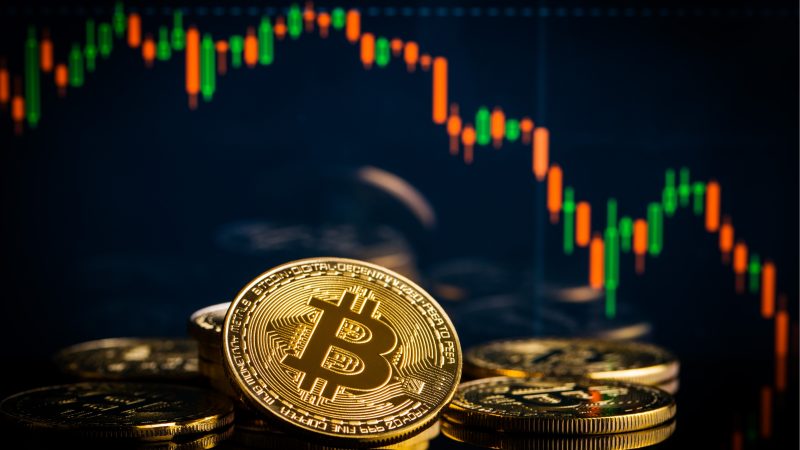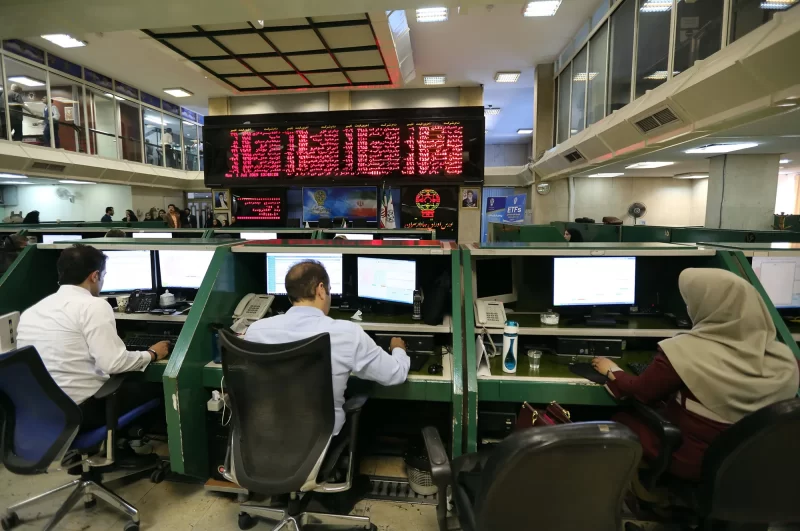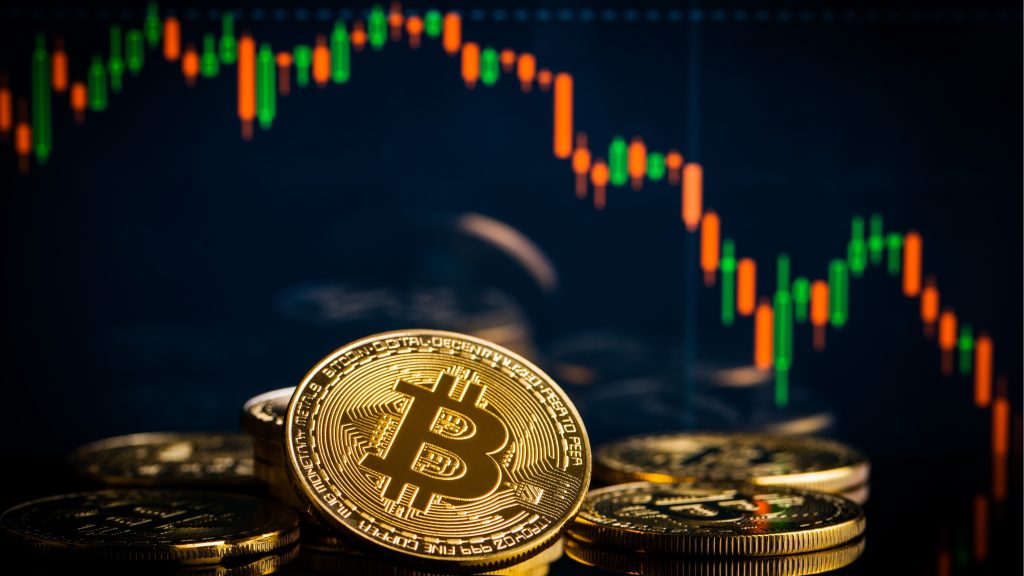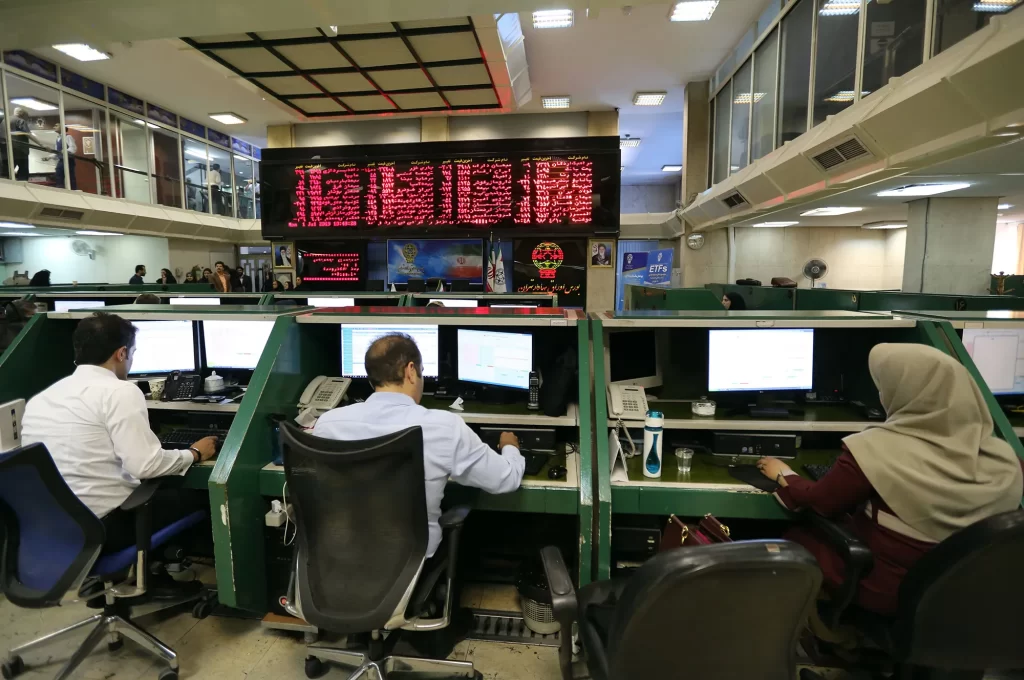Contents
- Defining Inflation
- Basics of Inflation and Consumer Price Index
- Causes of Inflation
- Investing for Inflation – Pros and Cons
- Investing During Inflationary Periods – Pros and Cons
- Rising Prices or Rising Costs
- Effect of Inflation on Asset Values
- How to Profit from Inflation?
- Final Verdict
- FAQs
Defining Inflation
The high rate of increase in the prices of goods and services along with the risk of a loss of purchasing power when income becomes unreliable is known as inflation.

In the opposite direction, deflation is a decline or decrease in the prices of goods and services.
In an economy, inflation is regarded as a general increase in price over a specified period. According to the Federal Reserve, a 2% level of inflation is said to be a little and constant rate that spells a growing economy. Nonetheless, as a result of economic shockwaves, inflation can rise to double-digit.
For deflation, persistent deflation can boost unemployment and weaken the financial system. It can also undermine the economy at large by making debt difficult to be serviced.
Investors and consumers are faced with challenges as a result of deviations from a stable inflation rate in any direction. Inflation has the potential for economic disruption – it also has impulsive effects on asset classes of different kinds.
Still, on asset classes, various asset classes do well in inflationary periods. Concrete assets like commodities and real estate have a record of been inflation windbreaks.
The buying power of one’s portfolio can be maintained by some securities like inflation-indexed bonds, securitized debt, and some sector stocks. Indirect and direct investments house inflation-sensitive investments.
Basics of Inflation and Consumer Price Index
The quantifiable measure of a quantity over another and tracking of the rate of change in the price of a standard basket of goods in an economy is known as inflation.
Since inflation is defined as the increase in the prices of commodities over a period, the level of that increase is stated as a percentage.
There are tools used in the measurement of inflation but the common ones are the Personal Consumption Expenditures Price Index (PCE), Consumer Price Index (CPI), and Producer Price Index (PPI). The tool used by the Federal Reserve to gauge inflation is known as the PCE Price Index.
Unlike the CPI, the PCE is a wider tool and it is subjective to consumption measures that derive the GDP instead of the survey of household spending like the CPI.
The CPI is a measurement tool for the weighted average paid by municipal consumers for a standardized market basket of goods and services.
The PCE Price Index is broader in the change in the price of goods and services consumers purchase. The PPI is the weighted average of prices by domestic producers.
The PPI is said to include the price of the transaction for the first commercial through many products and services.
The PCE Price Index is released monthly by the Bureau of Economic Analysis of the U.S Department of Commerce. While the CPI and PPI are reported by the Bureau of Labor Statistics (BLS).
The Trimmed Mean PCE Price Index is another inflation tool from the Federal Reserve Bank of Dallas. This measure excludes the categories of monthly calculation spending that has thrilling price moves in any direction.
Causes of Inflation
Inflation can be caused by several events in an economy.
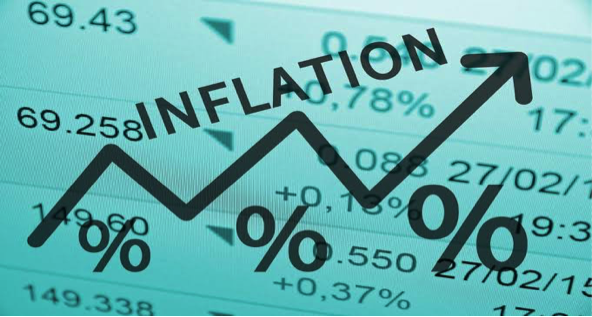
Costs such as labor and materials may rise, resulting in a price increase. For example, hops costs increased globally a few months ago, raising the cost of a six-pack by a couple of dollars.
I remember getting a six-pack of beer for $6.99 a few years back. It may cost you $9.99 or more today.
Also, the demand for commodities may increase, causing supply to decrease and prices to rise. This is evident in a hot housing market, in which a certain number of persons looking to buy a property exceeds the number of available properties.
Inflation is influenced by the link between growing costs and employees' pay expectations. The “wage-price spiral” is the term for this phenomenon.
Simply said, whenever costs increase, laborers demand to be paid higher, causing prices to rise as well.
Inflation can also occur once the authority seeks to control the amount of money in circulation, as the US did following the economic meltdown with monetary expansion, or money printing.
To refresh your memory, quantitative easing (QE) is when the Federal Reserve expands its financial statement by purchasing bonds to maintain low-interest rates. It would be like if you and I were printing funds to meet up our bills.
Also Read: What Is Stagflation
Investing for Inflation – Pros and Cons
There's an advantage or disadvantage in investing in any type of hedge, the same applies to every investment.
Several assets have positive aspects, as described below. It will be important for investors to protect their investment power in the event of inflation.
This is because you are interested in maintaining a nest egg. With a diverse range of skills, you could do something which should always be considered.
The spread of the risk between various holdings is an old-fashioned way to build portfolios that can be used in inflation-fighting strategies.
Pros
Investing for inflation helps investors in preserving the worth of their portfolios. Diversification of holdings is one advantage of investing for inflation that investors would benefit from. While investing for inflation, you can rest assured that your income buying power is maintained.
Cons
Investing for inflation comes with disadvantages that include an increased exposure to risks and long-term goals diversion. Investing in inflation might lead to an overweight portfolio in some classes.
Investing During Inflationary Periods – Pros and Cons
Inflation is an economic period that is bound to occur from time to time; investors need to adjust their strategies to match inflationary periods.
As an investor, your portfolio has every tendency to devalue if your ROI isn’t greater than inflation.
During inflation, to make sure that your investment portfolio is expanded, there is a chance to re-examine the investor’s portfolio.
Investors must also ensure that the portfolio is balanced with assets that take out the negative side of inflation.
Some of the merits and demerits of investing during this period are highlighted below.
Pros
Investing during inflation would require and urge investors to consume immediately rather than wait for the prices to go high.
Investors with long-term commitments and a fixed rate debt like a house mortgage will benefit from inflationary periods. The prices of commodities might rise and be beneficial to investors or individuals that trade or sell them.
Investors should note that sudden inflation would result in increased investment. This is in good faith and it uses solid assets that sustain value on a long-term basis.
Some of these assets include precious metals, collectibles, gold, real estate, vintage wines, and fine art. Those who own these assets will surely benefit from the inflationary period that causes a price increase.
Cons
Due to inflation, an economy is sure to witness an increase in the exchange rate and devaluation of the currency.
A stable or low rate of inflation shows that an economy is growing but with a sustained increase annually. The purchasing power of a currency gets disrupted; individuals will be able to buy just a little.
The cons rise to a serious point if hyperinflation kicks in because it could lead to a crashing and less functioning economy.
When prices go higher, the consumer demand for discretional items will suffer a decline. The cost of living for fixed income earners like the elderly, retirees, and disabled will be difficult to attend to during inflation.
Rising Prices or Rising Costs
Economists dispute whether inflated prices induce increasing prices or if rising prices create inflated prices. These two things are inextricably linked, regardless of which arrives first.
Effect of Inflation on Asset Values
While the impacts of inflation on the economy and asset values are sometimes unexpected, history and economics provide some guidelines.
Inflation has the greatest effect on the value of fixed-rate debt securities since it devalues both interest rate payments and repays the principal.
After correcting for inflation, lenders lose money if the inflation rate exceeds the interest rate. This is why investors sometimes look at the actual interest rate, which is meant to reduce the actual exchange rate from the rate of inflation.
The investments that do better during inflation were those that were guaranteed to generate more revenue or improve in value when inflation rises.
A real estate susceptible to periodical rent hikes or an energy pipeline with rates connected to inflation is two examples.
How to Profit from Inflation?
Here are inflation hedges that you can rely on when prices begin to rise:
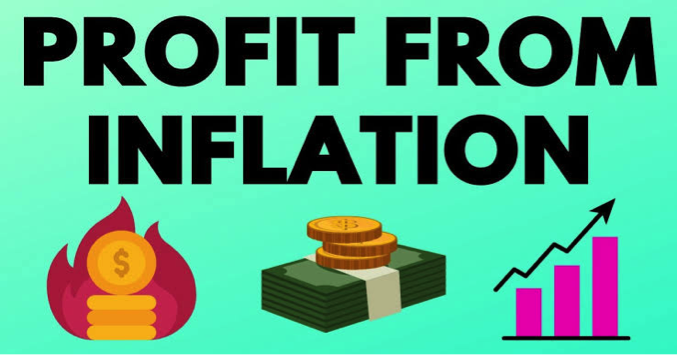
Commodities
Commodities include gold and other precious metals, as well as raw materials and various natural resources critical to production.
Simply put, as demand increases, prices rise in the economy, and the cost of production to meet that demand typically rises in lockstep.
Commodities are generally seen as safe-haven assets during times of uncertainty. While commodities don't pay dividends or represent any underlying business, they are uncorrelated to the traditional asset classes of stocks and bonds and tend to move in an unrelated direction.
I-Bonds
Savings bonds in the United States become attractive investments during periods of inflation. I-bonds guarantee to rise with inflation, even though you may only buy $10,000 per year and they're deemed quasi assets. They, like TIPS, provide a practically assured capital gain.
Investing in I-bonds will not yield high profits, but it will protect asset value for a portion of your investment.
Considering that many assets, such as cash and long-term bonds, are likely to lose actual benefit in periods of inflation, it is sensible to consider alternatives to equities that can stay up.
Real Estate
Throughout inflationary times, standard houses funded with low-interest, secure payments tend to do well. As inflation increases, the property value is likely to go up whereas the recurring monthly price of your mortgage remains the same. It is the basis of accumulating equity, which may significantly boost your net value.

You may protect yourself from increasing rents by acquiring real estate. Rents, like every consumer commodity, tend to grow when inflation rises. Mortgages have a benefit over lease terms when inflation occurs, even though they are less adjustable.
Value Stock
According to a few data, value equities outperform growth companies amid inflationary periods. Companies with good earnings compared to their present share price are considered value stocks.
They're also recognized for having sufficient cash flow, which investors prize when stock prices are increasing.
Growth stocks are more susceptible to fluctuations in interest rates, which is a usual fiscal policy reaction to inflation. Growth stocks have had a great run in the last decade, while inflation has been glaringly absent.
Value stocks, on the other hand, have recently made a resurgence. Their accomplishment is anticipated to remain in the current context.
Also Read: What Is Tracking Stocks?
TIPS (Treasury inflation-protected securities)
TIPS (Treasury Inflation-Protected Securities) are tradable U.S. Treasury securities designed to fight the erosion of buying power. TIPS benefit from periodic inflation adjustments, which are not available with traditional fixed-rate bonds.
TIPS should be considered as part of a lower-risk portfolio component for investors who seek long-term investments and buying power stabilization.
TIPS holders may be certain that their money will be returned since TIPS are guaranteed by the United States government's creditworthiness.
Final Verdict
The inflation tail, on the other hand, should never wag the investing dog. Don't stray from your investing plan's defined targets or timelines if you have them.
If your portfolio demands large capital appreciation, for example, don't put too much emphasis on TIPS. Also, if you need money for retirement, don't buy long-term growth stocks. Inflation fixation should never push you outside of your safety zone for risk tolerance.
There are no assurances in this world. Traditional inflation hedges don't always work, and unusual economic situations can often favor unexpected assets while leaving what appeared to be obvious winners in the dust.
FAQs
What investments do well during inflation?
Gold is often regarded as an anti-inflation tool. Other investments that are considered a hedge against inflation includes Commodities, a 60/40 Stock/Bond Portfolio, Real Estate Investment Trusts (REITs), The S&P 500, Real Estate Income, The Bloomberg Aggregate Bond Index, and Leveraged Loans among others.
Who gets maximum profit during inflation?
Debtors, therefore, have more advantages during a recession.
What to buy before hyperinflation hits?
Strategic purchase strategies for hyper-inflation. Property-it is necessary for all of us to get refunded even if our costs go overboard. Metals – in hyper-inflation, valuable gold is also valuable.
What do you think is most important? Sunpower – Security. TIPS – TIPS stands for Treasury Inflation-Protected Securities. Cash is often overlooked as an inflation hedge, says Arnott. Short-term bonds, Stocks, Real estate, Gold, Commodities, Cryptocurrency.
What can I sell during inflation?
Consumer staples stocks, such as food and energy, farewell during inflation because demand for staples is inelastic, giving these firms more pricing power than other industries because they can increase their prices faster than other industries.


